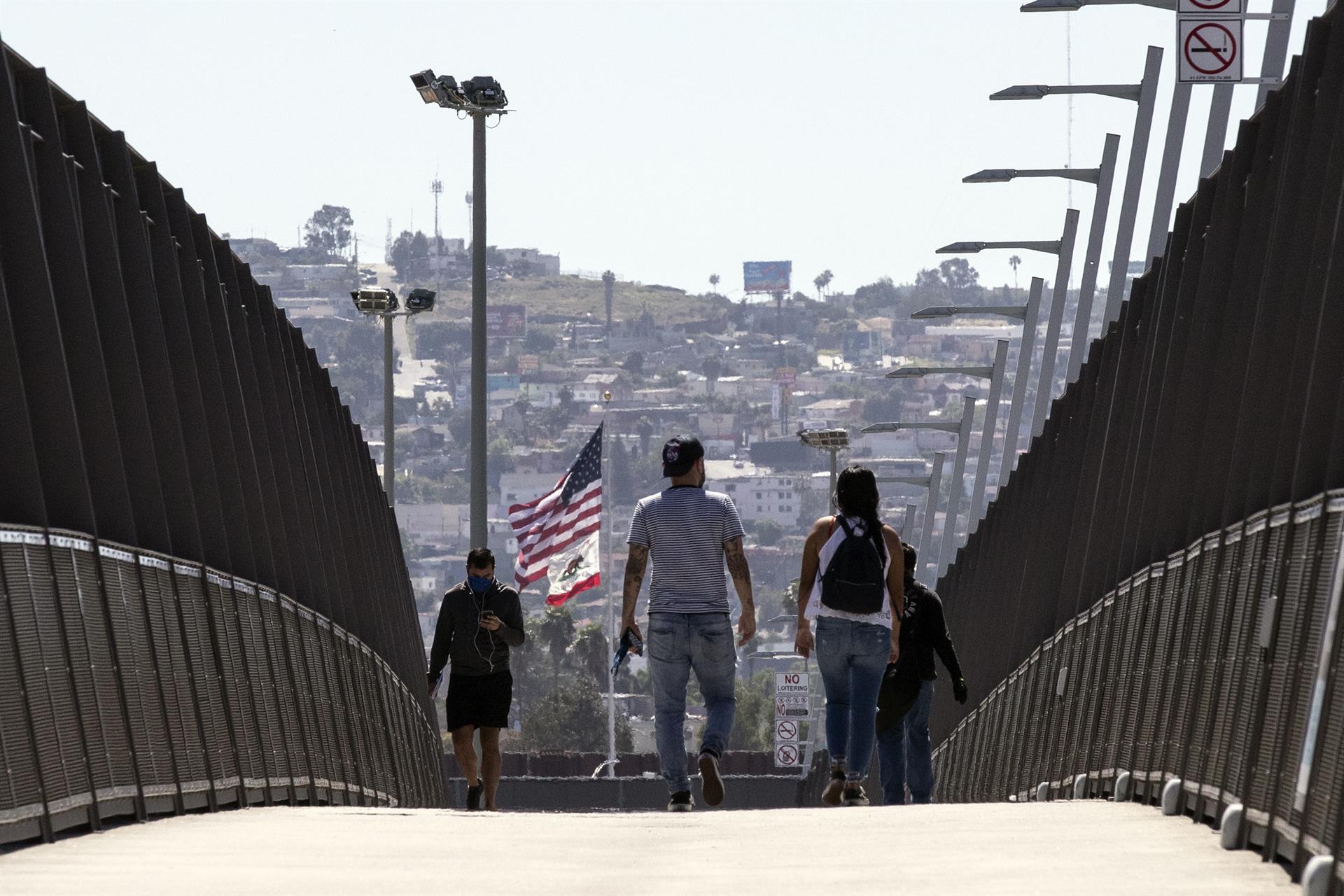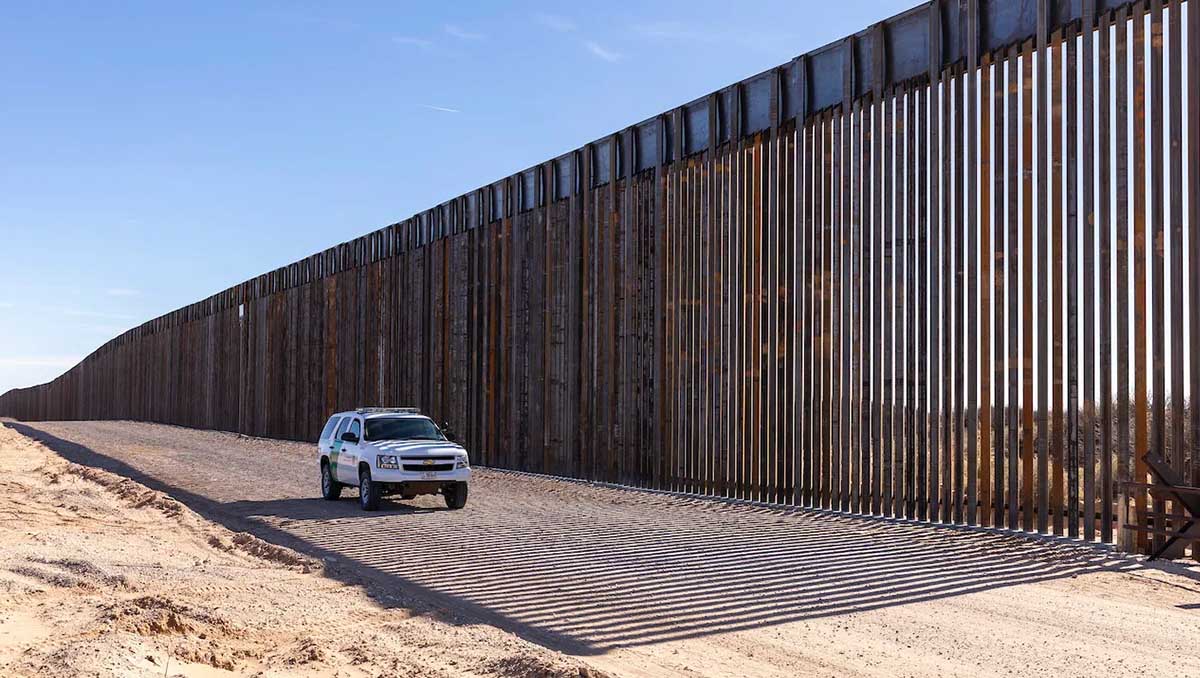China is going through a complex phase in which it is witnessing a real estate crisis Geopolitical tensions with the United States and delayed discharge from COVID-19. The sum of these factors creates a An imbalance in demand that had repercussions on its foreign purchases. This was clearly demonstrated in A Decline in exports of Uruguay’s goods to the Asian countryIt was also damaged by the effects of drought. The question is what will happen to its economy and what the impact will be at the local level.
A recent report from World Bank He noted that China’s current economic performance depends on how it has grown in the past and how it intends to do so in the future. In this scenario, the country is looking for new growth engines based on consumption and creativity that are able to avoid the problems inherent in the old growth model, but this transformation has proven difficult.
He added that the loss of confidence is partly due to falling housing prices Increase in debt The repercussions of the economic crisis have increased uncertainty among consumers and investors.
The international organization expects a Economic growth of 5% for this year, but has already lowered estimates for 2024, from 4.8% to 4.4%..
The real estate and construction sector has been one of the pillars of growth in China, with a strong boom in recent decades. But the huge debts incurred by its main companies have become considered an unacceptable risk to its economy, as Agence France-Presse reported a few days ago.
Company crisis Evergrande The significant slowdown in the economy worsened. Another large real estate company joined it, Country Parkwhich is on the verge of bankruptcy.
But it is not only the crisis in this sector that plays a role in the state of uncertainty.
Ignacio PartisajeThe expert in international relations said observer China is “going through several things at the same time.”
One element that affected the economy was the slow exit from the pandemic. The government’s aggressive zero-coronavirus policy has caused the country to pass through Phase A The isolation process is more widespread than in the rest of the world.
China ended up leaving this stage only by the end of 2022. This has led to consumption suffering.
Partisaghi explained that the imposed policies led to the closure of the economy with a direct impact on stocks and a decline in purchase prices. Forecasts indicate that in the second half of this year, some changes will be seen, and only in 2024 will a return to regular and gradual consumption be observed in China.
“Return to normal life in quotesBecause he didn’t have the same behavior as the rest of the world. Furthermore, with the very aggressive health policy, the message sent was that there was a certain amount of insecurity to travel to the country.
Another situation that complicates China is the tension it experiences with the United States. “It’s not just geopolitics; quite the opposite.” “There are a number of very strong economic and trade restrictions,” Bartisaghi said.
On the other hand, he is in a period of change in which he seeks Less state intervention It becomes more of a consumer economy than an export economy.
He also indicated that it will achieve a 5% expansion this year. “Growth is stabilizing. China will no longer grow at 10%. The shifts in consumption patterns will also be moderate,” he explained.
Impact in Uruguay
Sales to China fell by 48% in the first nine months of the year Compared to the same period in 2022. The performance of the three main products was negative. Exports of meat decreased by 39%, soybeans by 76%, and meat waste and meat products by 25%.. The Asian giant, which has been the main buyer of Uruguay’s goods for most of the past decade, has moved to second place behind Brazil.
Between beef and soybeans alone, $2.4 billion was lost In those nine months compared to the same period in 2022.
The drought was being felt in production and this was having a clear consequence in overseas sales. But uncertainty about the Asian economy, which was reflected in consumption, also affected.
“Are there any factors that make us believe that China will stop consuming meat or buying soybeans? “There is no sign of this kind at the moment,” Partisaghi said.
What may result from this is that this demand will not be as strong as it was years ago, and that it will also move towards other products, such as wine, prepared foods or fruits.
That is why it is important that Uruguay can close its file Free Trade Agreement (FTA) With the government of Xi Jinping. The decline in demand, which has caused prices to fall, means that Uruguayan products must compete with goods from countries that have signed trade agreements with China.
Meat exports to China
The country does not currently have the requirements for entry a Resettlement (The process of replacing products purchased from abroad locally). That’s why you will continue to demand food.
“When the trade relationship matures and more exports are made, this is the key point to sign a free trade agreement. This is the right time,” the expert said.
The Uruguayan government may also embrace this perception. president Louis Lacalle PoAccompanied by an official delegation, he confirmed his visit to China. The visit will take place between Monday, November 20 and Thursday, November 23.
“We used to have Chinese demand being in the double digits, whereas they are no longer in a position to be. So you have to adapt to more moderate rates, but structurally, you have to demand the products that Uruguay exports.”





